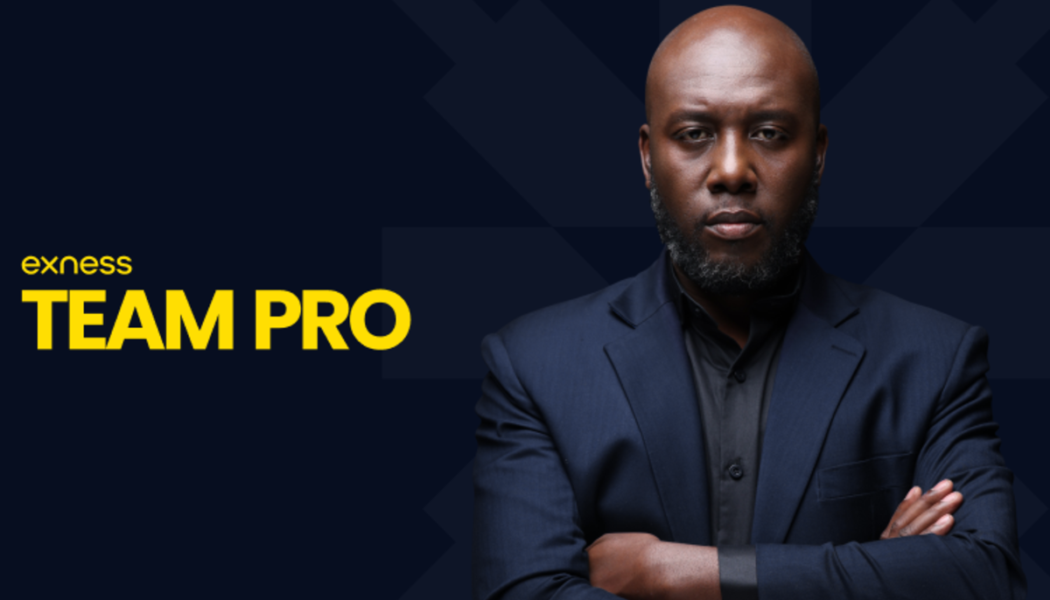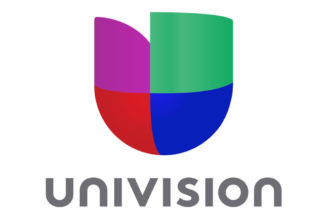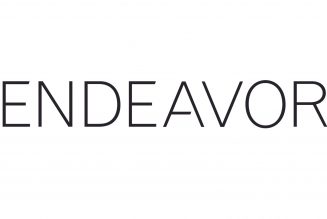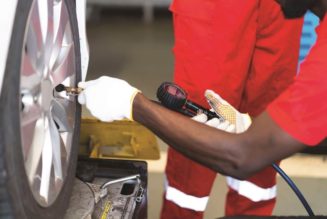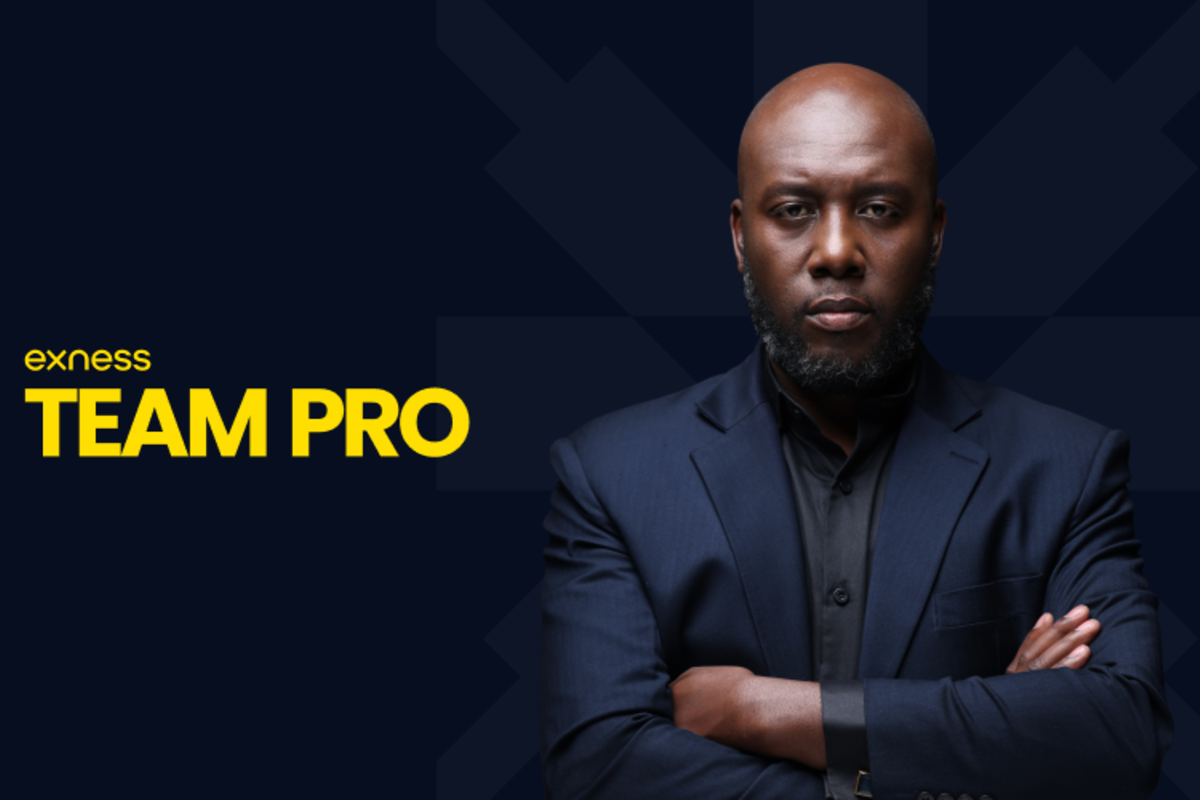
“As a trading mentor, I always say that I am like a bridge, so those looking to become successful traders can learn and possibly avoid some of the mistakes I made when I first began trading.” Becoming a pro trader did not happen overnight for Dennis Okari – a now sought-after trading mentor and Exness Team Pro member.
Dennis shares the ‘expensive lessons’ he picked up along his trading journey – valuable lessons he now shares through online and face-to-face classes. Kenyan beginner traders, as well as other nationalities attending Dennis’ classes online, are able to avoid similar mistakes and accelerate their trading acumen because of the ‘price’ Dennis paid when he was starting out.
“When I started out, there were several things I lacked that caused me to make costly mistakes,” Dennis shares. “I lacked guidance from legitimate resources, networking as there were no trading communities back then, motivational support, help to develop my trading skills – these are the pillars on which I built my trading mentor program.”
Expensive and valuable lessons in trading
So what are those costly mistakes and valuable lessons every trader should know and apply to their trading strategy?
Lesson no.1: Do your due diligence
In his first cautionary tale, Dennis discussed the importance of doing your due diligence when you start trading financial instruments as a newbie trader.
“When I started out, there were some so-called experts flashing their money and talking about quick profits. I trusted and believed everything I would hear. I didn’t ask too many questions, and part of the reason I couldn’t ask many questions was because I didn’t know which questions to ask. It was also hard to find a reliable source for proper market analysis (technical analysis and fundamental analysis) and good experts who can actually analyse the financial markets and help me build a good trading strategy,” shares Dennis.
This lack of due diligence led to a significant loss for Dennis when he deposited money with a broker that was eventually shut down by local authorities, leaving Dennis with no recourse and his funds locked away. This experience underscored the difficulty in finding reliable information and the challenges of navigating a new regulatory environment during the internet boom.
Okari stresses that new traders should look for brokers with a solid reputation as well as regulation. He highlights the importance of being critical and inquisitive, and that understanding the signs of a trustworthy broker is vital. Now, with a more cautious and informed approach, Dennis considers both regulation and reputation inseparable when choosing a broker. This lesson serves as a vital reminder for newcomers: thorough research and a healthy skepticism are crucial to protecting oneself during market volatility.
Lesson no.1 key takeaways:
- Acquire knowledge from legitimate experts, pro traders, and resources.
- As a trader, gain a thorough understanding of how the industry works.
- Look for reputation as well as regulation when choosing a broker.
- Maintain a healthy level of skepticism to avoid falling for unreliable sources.
- Always know the right questions to ask and where to find solutions in case of disputes.
Lesson no.2: Apply proper money management and mitigate risk
Part of one’s risk management strategy is understanding trading psychology, your emotions, leverage, and margin trading; when you lose money, don’t blame but instead go back and see what went wrong and what you could/should have done differently.
“I didn’t understand leverage and margin. So the first time I tried trading with leverage, I took $1000 from my dividends, and I lost it within four minutes,” Dennis shares. “They say never trade money you are not willing to lose, and I was willing to lose it, but it was still painful. I stayed out of my trading platform for a couple of weeks after that.”
Dennis then started to blame the system and the broker. “I didn’t have the proper understanding, so I blamed the broker, saying, ‘These people behind this machine can see what I’m doing, and they are manipulating, and that’s how I lost…’ but this was because I didn’t understand how margin and leverage work.”
This costly lesson taught Dennis the number one rule in trading, which is to protect your capital.
“When I sat down to study and understand how margin, leverage, and lot size positioning work, it began to make sense to me because I was doing things very foolishly. I was stretching the leverage, and at the time, I was dealing with a very bad broker, so there was no mercy.”
“I needed to become a ‘consistent trader,’ which doesn’t necessarily mean not losing trades and money at times, but it means that my wins will outweigh my losses.”
So how can someone achieve that?
By learning proper risk management, understanding trading emotions, analyzing market conditions, and approaching the market with a lot of soberness.
“I portion what I’m willing to lose, and if something goes against me, I’m now able to go back and question and see where I went wrong.”
Lesson no.2 key takeaways:
- Gain a clear understanding of leverage and margin and how they work.
- Control your trader emotions and be accountable. Avoid the blame game when losses occur.
- Your first goal should be to protect your trading capital.
- Aim to become a consistent trader through a well-defined trading plan, trading strategy and risk management.
Lesson no.3: Choose the right broker
“One of the biggest mistakes I made was choosing the wrong broker – an illegitimate, non-regulated broker.”
Trading with a reliable broker is important because, as Dennis explains, when you open a trading account with a broker, you are entering into a partnership with them. When putting your financial resources into a ‘partnership’ you need to trust what they are doing on the other end.
It’s also important to have people you trust and rely on for their expert opinions and experience in trading with various brokers, who can give you insights, trading tips, and guide you to choose wisely.
As an Exness Team Pro member, Okari suggests that his mentees test out Exness as a broker and compare. “I’ve had instances where people approached me and expressed their trust in Exness, attributing it to my influence.”
Dennis recommends that beginner traders look out for reliable infrastructure and systems, fast execution, and speedy and seamless withdrawals when choosing a broker.
“Having the opportunity to choose from different trading account types and trade forex CFDs without swaps or commissions, as well as low and tight spreads, is great for me as a trader,” says Okari.
Lesson no.3 key takeaways:
- Prioritize choosing a regulated and trustworthy broker to ensure a secure investment partnership.
- Seek investment advice from qualified and experienced traders to help you select the right broker.
- Evaluate brokers based on the reliability of their infrastructure, the speed of trade execution, and the ease of withdrawals.
- Look for brokers offering a variety of account types and trading conditions, such as no swaps or commissions.
About Dennis Okari and Exness Team Pro
Dennis Okari stands out as a key member of Exness Team Pro, a collective of accomplished, successful traders passionate about sharing their knowledge and expertise. With two decades of journalism under his belt, Dennis brings a unique perspective to trading, keenly analysing the way world events shape the financial markets.
His eight years in trading have not only honed his skills but also turned him into a trailblazer, especially in mentoring beginner traders, providing quality education, and upholding the highest standards of integrity. With the backing of Exness’ excellent trading conditions, Dennis is dedicated to helping others develop and fine-tune their trading skills and achieve lasting success in the financial markets.
“My satisfaction in life will be to see many traders, thousands of people, benefiting from my experience, what I’ve gone through, and from what I’ve learned and become financially independent pro traders themselves.” – Dennis Okari
